THREAT:
ASSAD REGIME - THE CIVIL WAR
A Phase III assessment
Twenty-nine (29) existential threats to the country of Syria were identified by prime actors. In the chart below, the left column ranks the threats from the most important to solve (the Assad Regime/Civil War) to the least (chemical weapons).
The Assad Regime and the civil war that emerged after the 2011 civil protests are important because without a government that is at least tolerated, and an end to the violence, fragmentation will continue until the country of Syria ceases to exist.
25 prime actors participated in the following:
- Determining the importance of the threat of the Assad Regime and the current civil war relative to other threats to the country. As shown in the chart below, the threat of the Assad Regime and the civil war ranked 1st most important.
- Assessing and classifying the progression of the Syrian response to the Assad Regime and the civil war (indicated in the same row by the colored rectangle). Of the 25 prime actors who participated in the assessments, more agreed that the threat of the Assad Regime and the civil war falls under the category of '1: Threat without solution'. These prime actors see the Assad Regime and the civil war as a crisis and threat to which they have no solution.
In response to questions about the seriousness of the threat of the threats of the Assad Regime and the civil war—
Round 3 participants stated (Nov. 2016 - Jul. 2017):
"The war is a bigger killer now [than the drought was]." (239312)
"This [war] might continue for the next 20 years. Syria, as a country, might not exist anymore." (233081)
"It's different in each region. It's [authoritarian rule] in the rump state, [disruption] on the Turkish border, [mass violence] in the central [part of the country], [ethnic cleansing] in Aleppo, [genocide] in Homs. Bashar's failing is not being as ruthless as his father." (239311)
"People being forced from south to north. It's not really ethnic. It's political. Going forward how much worse can it get? Thinking about retribution can make for sleepless nights." (233911)
"Hopefully it will decrease as the civil war passes." (233121)
"I want to think we will reach a level of peace and stability.” (235781)
"From outsiders, and insiders like ISIL, there are a lot of casualties. When [fighters] capture territories they do retaliatory executions. It's true of Hezbollah, the Kurds, the Iranian Revolutionary Guard Corps, the regime. It's much more than accidental casualties. It is [intentional]: the intentional killing of civilians, murder." (239312)
"With Assad in power [there will be deaths to a significant part of the population].” (235931)
"The real threat to Syria is from the Assad regime. Had they accepted the opinion of its own people we would not be in the situation we are now. The dislocation of people is the policy of the regime." (231641)
"Ethnic cleansing and forced deportation will continue. Idlib is probably next. Despite the current ceasefire the government will probably try to advance militarily." (232272)
“It's technically not ethnic cleansing. It's political cleansing." (236592)
Round 1 and 2 participants stated (Jan. 2016 - Oct. 2017):
"After 6 years of war the Syrian people have learned a great lesson to rebuild and let Syria become much better than before. It will be more active internationally." (223881)
"Threats don't come from the government, rather the people who control the government. It isn't true that outsider invaders will attack at any time. For example, Israel is not a threat. [The regime uses the threat of Israel as] a tool to impose fear." (221641)
“Ethnic cleansing hasn't happened yet technically, but emptying entire cities is at least political cleansing. We will see more and more of this. In the end Syria may not be as diverse as it was. [I believe] fears of mass retaliation are well founded, based on the degree of hatred more than specific evidence, especially the longer the conflict drags on." (223911)

